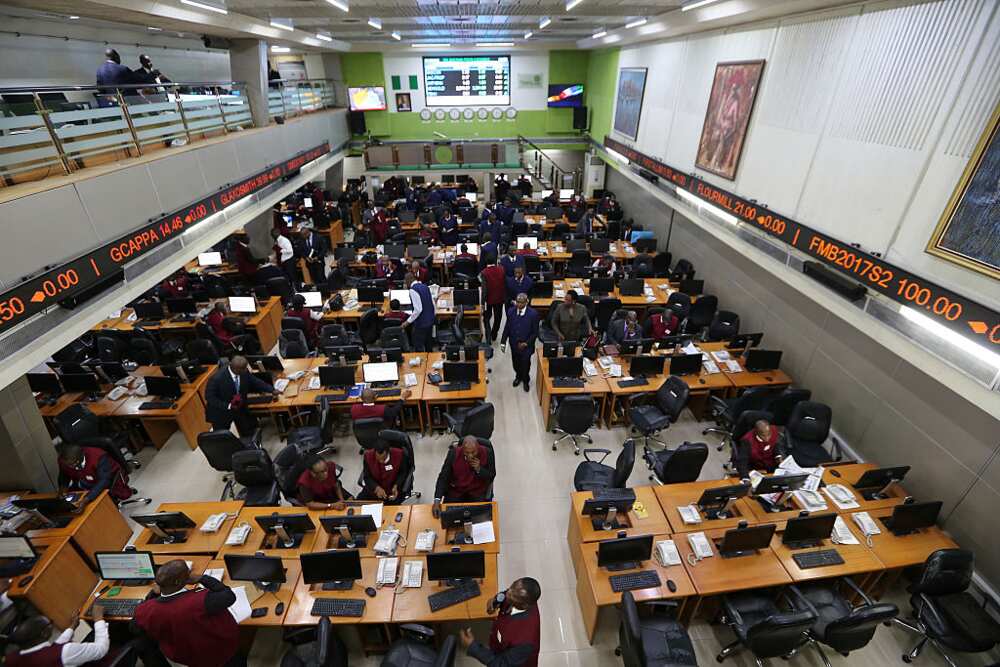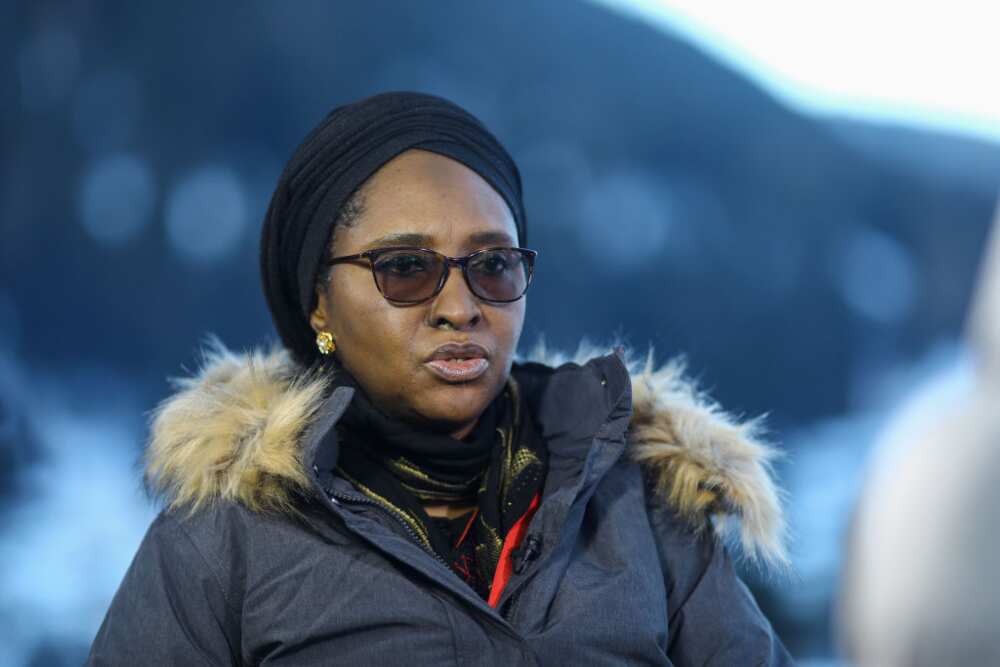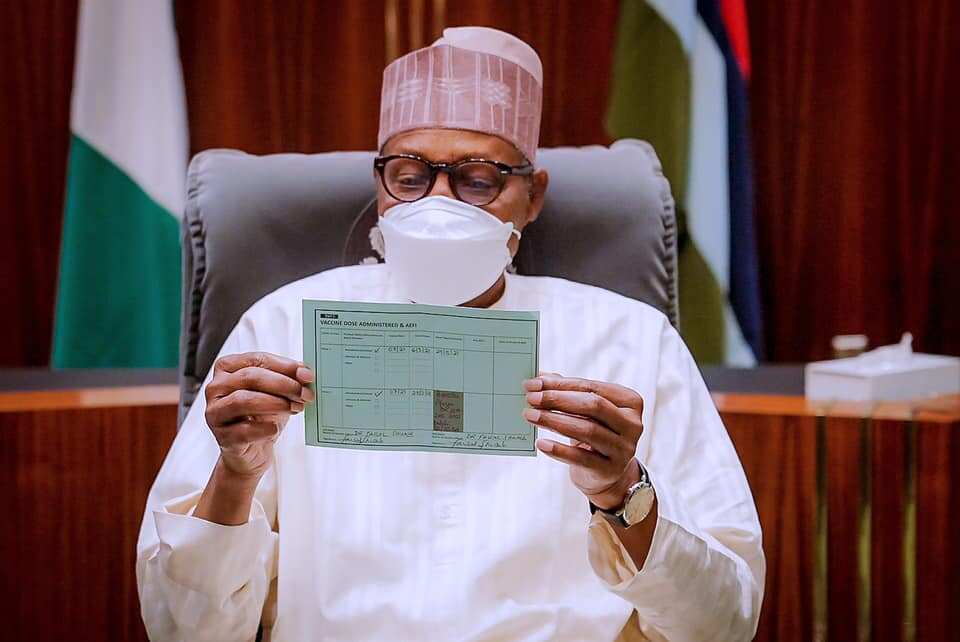The Federal Government's $73 million sugar intervention fund is likely to help Dangote Sugar, BUA Sugar, and other sugar sector players.
The Central Bank of Nigeria (CBN) will distribute the $73 million (N30.7 billion) on behalf of the government to help build Nigeria's sugar industry infrastructure.
Niyi Adebayo, Minister of Industry, announced this in Abuja on Monday, 20 December 2021 during the ceremonial commissioning of the sugar infrastructure rehabilitation program.

The programme which is themed, Presidential Intervention on Irrigation Infrastructure to Accelerate Sugar Backward Integration Programme Projects will see the development of irrigation facilities on 10,000 hectares of the sugar plantation.
The facilities will be located in six sites in Northern Nigeria, as the FG reiterated its commitment to the National Sugar Development master plan,
Adebayo said:
"The intervention involves the establishment of a $73 million irrigation intervention fund for sugar backward intervention program operators."
He further stated that:
“The purpose is to fund the development of irrigation infrastructure on 10,000 hectares of sugar plantations in Numan, Adamawa State, Sumti, Niger State, Lafiagi, Kwara State, Bacita, Kwara State, and Toto and Tunga, both in Nasarawa State."
In October Aliko Dangote had called on Nigeria to return to its sugar master plan nothing that if it is adhered to, will save Nigeria between $600 million and $700 million annually as forex.



